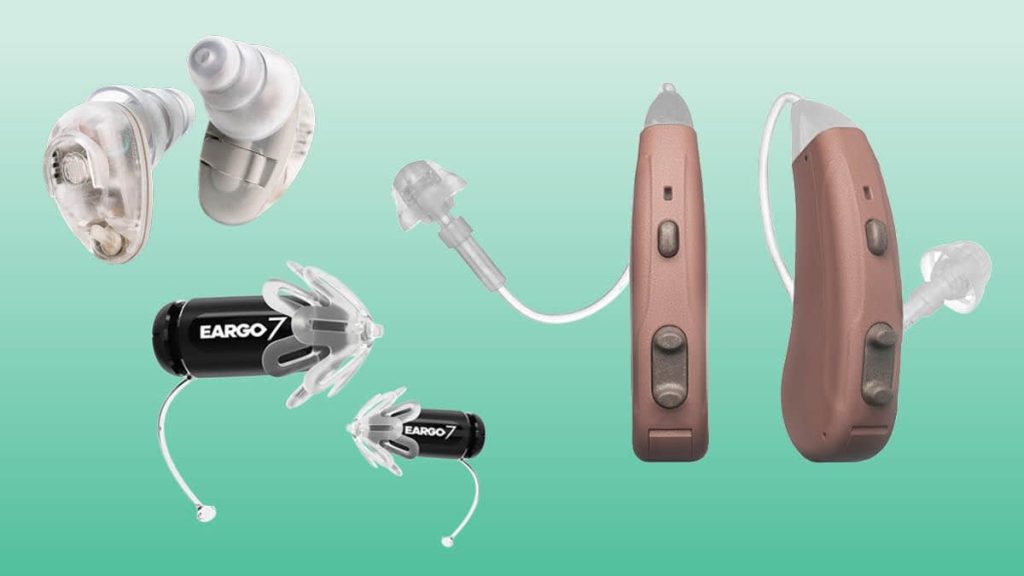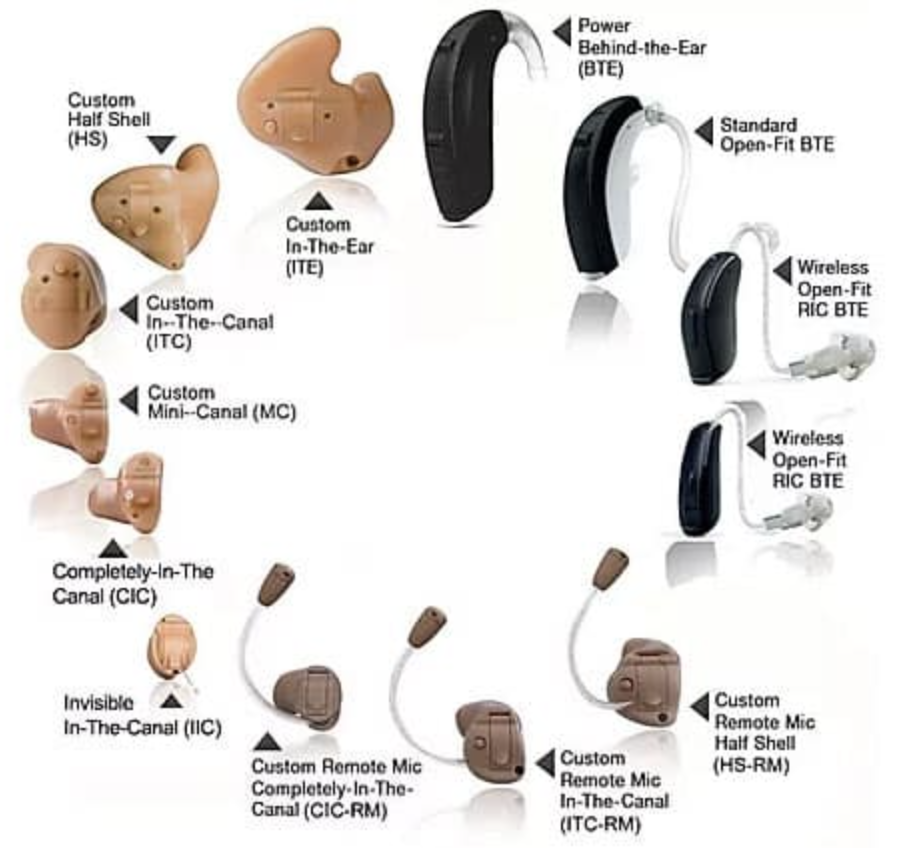Are over-the-counter hearing aids too good to be true? What you should know
In recent years, over the counter (OTC) hearing aids have been involved in the audiology landscape, being marketed as an affordable, accessible alternative for adults with perceived mild to moderate hearing loss. Blending big tech backing, effective marketing, and the promise of immediate relief – no prescription required – it’s easy to see why OTC hearing aids have become a tempting option for many individuals struggling with hearing loss.
As with many “one size fits all” solutions, the promise doesn’t always match the experience; and Tahoe Family Hearing Clinic urges patients to approach OTC hearing devices with caution.
“While accessibility in hearing care is important, we believe that it should not come at the expense of the patient’s desired effectiveness” Dr. Jenelle Sandy, Au.D, CCC-A said. “We focus on providing personalized hearing care rather than OTC solutions, as our experience has shown that a one-size-fits-all approach often does not deliver the best outcomes for our patients. We highly suggest the first step for any patient is to have a hearing evaluation done by an audiologist to determine the severity of their hearing loss.”
From there, patients are encouraged to make the appropriate decisions based on their specific hearing loss.
The Legislation that changed the hearing aid market
In 2017, Congress passed the Over-the-Counter Hearing Aid Act as part of the FDA Reauthorization Act, directing the Food and Drug Administration to create a new category of hearing aids that could be sold directly to consumers without a prescription or medical evaluation. The FDA finalized its rule in 2022, and the first OTC hearing aids hit the market shortly thereafter.
While the law addressed a critical gap in accessibility, audiologists questioned whether OTC hearing aids can truly meet the complexity of patients dealing with hearing loss.

The market response: Tech titans enter
With the FDA’s green light, major tech companies wasted no time jumping into the OTC hearing aid market. Big tech companies such as Sony, Jabra, and Samsung introduced sleek, modern-looking devices sold online and in retail stores.
These products often come with app-based controls, Bluetooth connectivity, and other features. But they also come with a catch: they rely on the user to self-diagnose and self-fit their own devices. This is a process that can be confusing and inaccurate.
“Once someone does a self-diagnosis and decide that they need hearing assistance, they can head to the store to buy a hearing aid, similar to someone going and buying a new television,” Dr. Sandy said. “Because these solutions aren’t prescription, there is limited customization available in these devices. OTC devices can’t be programmed specific to the hearing loss of the individual; they more so serve as a sound amplification device.”
The real-world user experience: Quality vs. quantity
While OTC hearing aids can cost less than prescription solutions upfront, many users find the experience underwhelming.
“For the consumer, OTC hearing aids are marketed to allow affordability and convenience,” Dr. Sandy said. “What we’re finding is that there’s a handful of common issues that people are experiencing with their OTC hearing aids.”
Dr. Sandy continues, stating that the most common issue with these OTC hearing devices begins with misdiagnosis and patients underestimating the severity of their hearing loss.
“If you don’t have a programmable prescription hearing device, you could be worsening the hearing loss,” Dr. Sandy said.
Other issues with OTC hearing devices are the lack of customization and poor fit of the hearing device. Inadequate support is also an ongoing issue with OTC hearing solutions.
In contrast, prescription hearing aids are custom programmed based on an individual’s hearing evaluation. From there, patients are professionally fitted and adjusted with their prescription hearing device over time, proactively addressing their personal hearing issues. Unlike the manufacturers of OTC solutions, audiologists offer ongoing support, troubleshooting, and custom adjustments for their patients – services that OTC devices can’t match.

Why a personalized approach still matters
Tahoe Family Hearing Clinic believes that hearing health is never a one-size-fits-all approach. Every patient has unique hearing patterns, lifestyles, and communication needs that deserve personalized care. This starts with a hearing evaluation, during which an audiologist can identify the degree of hearing loss and recommend treatment options that fit the individual’s lifestyle.
“We always recommend seeing an audiologist to determine the severity of your hearing loss, and from there make the right decisions appropriate for you based on your hearing loss, your budget, your lifestyle, and the technology you’re comfortable with,” Dr. Sandy said. “We take that same approach for all our patients.”
The common misconception is that OTC hearing aids are always going to be cheaper, however that’s not always the case.
“We always encourage people to shop around for the right Medicare supplement plan, because with the right plan, you can invest the same amount for many of the OTC hearing solutions,” Dr. Sandy said.
“Your hearing will continue to change over time,” Dr. Sandy said. “If you’re not keeping up with annual hearing evaluation, it’s very likely that your hearing will change over time. It’s crucial to keep up with hearing evaluations and understanding what your hearing loss is to make the best decision for you.”
Tahoe Family Hearing Clinic is a resource for all individuals who are needing assistance with hearing issues for themselves or loved ones. For more information, call Tahoe Family Hearing Clinic at 530-600-0023.
Tahoe Family Hearing Clinic is located at 2074 Lake Tahoe Boulevard #9, South Lake Tahoe, Calif. 96150.

Support Local Journalism

Support Local Journalism
Readers around the Lake Tahoe Basin and beyond make the Tahoe Tribune's work possible. Your financial contribution supports our efforts to deliver quality, locally relevant journalism.
Now more than ever, your support is critical to help us keep our community informed about the evolving coronavirus pandemic and the impact it is having locally. Every contribution, however large or small, will make a difference.
Your donation will help us continue to cover COVID-19 and our other vital local news.










